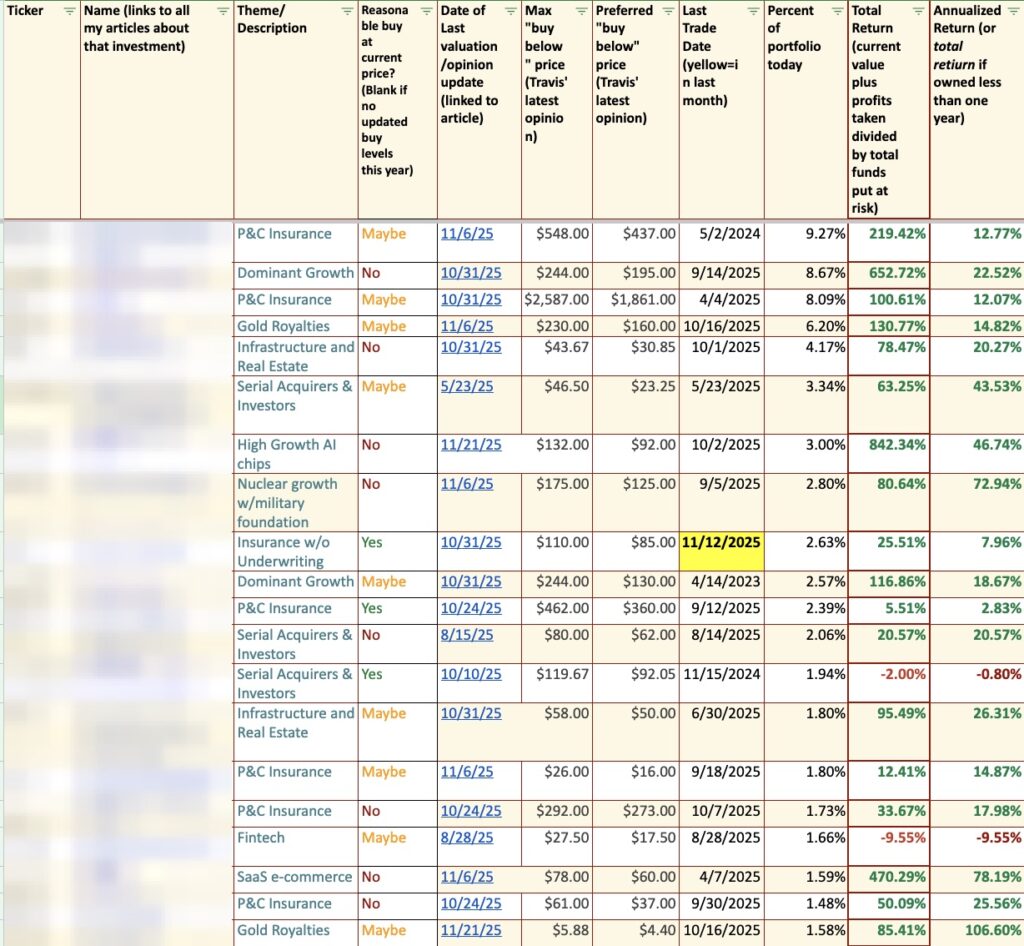eyecrave productions/E+ via Getty Images
Prior to her second visit to China in nine months last week, Janet Yellen, United States Secretary of the Treasury, sent a message demanding the country not to flood the world with cheap exports of clean energy, as this would “distort global markets and harm workers abroad“. According to a senior U.S. Treasury official, China’s excess industrial capacity and the government support that has fueled it were the subject of discussion during her meeting with Chinese Premier Li Qiang.
Current levels of ample idle capacity and consumer restraint in China are part of the challenges faced for higher economic growth in the country. Exports, as in the past, may well be the sought-after means of addressing domestic demand insufficiency. Not surprisingly, everyone closely monitors the evolution of the Chinese exchange rate to see if there is any devaluation in the course.
Beyond Yellen, officials from other major advanced economies occasionally refer to a potential flood of Chinese products. For instance, the European Union launched a probe into Chinese wind turbine companies.
Xi Jinping, in turn, has referred to clean energy and other high-tech sectors as the primary path forward for the country’s prosperity. As we have addressed here, China today is ahead of the United States and Europe in the technological rivalry for clean energy. It is no wonder, then, the frequent reference to Chinese exports and subsidies in the area by officials from the US and Europe.
The fact is that large-scale subsidies have proliferated in a race to subsidize so-called “strategic” sectors. In response to China’s subsidies, the Inflation Reduction Act (IRA) and the CHIPS and Science Act, passed in the US Congress, implemented attractive subsidies for local production of clean energy products and semiconductor equipment. Volkswagen called this “a gold rush” when announcing the decision to build an electric vehicle (EV) factory in South Carolina.
Arguing to support investments to combat climate change and reduce healthcare costs in the country, the IRA includes huge subsidies in the form of tax incentives, grants, and loan guarantees to bolster manufacturing in the US. While some subsidies, particularly those related to EV batteries, are available for investments in countries with which the US has some free trade agreement, their scope, and value are lower than those available to companies committing to manufacture within the country.
Similarly, the CHIPS Act aims to subsidize a revival of the US semiconductor industry. The US lead in the sector concerns core technology and equipment, with mass production of advanced semiconductors occurring mostly abroad (Taiwan, South Korea, Japan, and the Netherlands). The law aims to reduce dependence on Taiwan in the event of a crisis in that country. The IRA alone, originally estimated at $385 billion, is expected to reach $1.2 trillion according to analysts.
The European Union (EU) responded. The EU expressed almost immediate concern about the IRA, with protests focused on provisions that strengthen domestic production in the US. European Commission President Ursula von der Leyen called for the establishment of an EU Sovereignty Fund (ESF) to directly combat the effects of the IRA.
Ursula von der Leyen stated that the EU needs to consider “how our so-called ‘like-minded partners’ are proceeding in the ongoing industrial and technological race.” The EU had to change regulations, easing restrictions established in rules limiting national government subsidies to industry. For the first time, national governments of EU member states can match subsidies offered outside the EU if there is a risk of a project of “strategic importance” being likely to be carried out elsewhere.
In addition to defending against the IRA, the EU is obviously concerned about China. Its automotive industry is eyeing the penetration of Chinese EVs, whose production, including in Hungary, has already been announced. Declarations of intent to establish trade restrictions in response to Chinese subsidies have been made.
South Korea and Japan have also implemented their own responses to subsidies from the outside. South Korea, after initially describing incentives for EVs and batteries manufactured in the US as a “betrayal,” received updated guidance on the IRA from the US Treasury that extended some tax incentives to them. Japan also obtained a similar agreement, qualifying its EV batteries and components for IRA incentives.
The major battery and semiconductor companies in both countries are planning new factories in the US to ensure they continue to receive US subsidies, as local content requirements under the IRA become more stringent over time. However, both South Koreans and Japanese have acknowledged that US subsidies also pose a threat to their own domestic industries. Both pursue a dual strategy covering incentives available under the IRA while implementing their own national subsidy policies to protect key sectors.
Even Australia, which has a free trade agreement with the US and little industry to protect, has decided to enact a subsidy program seeking to bolster areas such as batteries and critical mineral processing considered strategically significant.
Judging by announcements and initial investments, the effect of incentives on US supply chains has been intense. Mexico-partnered with the US via USMCA and therefore a beneficiary of the IRA-replaced China as the largest exporter to the US last year, marking the first time since 2006 that China was not the largest. There is a realignment of global trade underway.
Any economic evaluation of the costs and benefits of these subsidy programs faces an inner difficulty in considering that the sought-after results are not strictly economic. There is a risk that countries, especially the US and China, will adopt increasingly broad definitions of what constitutes a strategic sector, triggering new “global subsidy wars.” Worse still for countries with no fiscal space to, if they wish, compete in “cutting-edge strategic” sectors.
Otaviano Canuto, based in Washington, D.C, is a former vice president and a former executive director at the World Bank, a former executive director at the International Monetary Fund, and a former vice president at the Inter-American Development Bank. He is also a former deputy minister for international affairs at Brazil’s Ministry of Finance and a former professor of economics at the University of São Paulo and the University of Campinas, Brazil. Currently, he is a senior fellow at the Policy Center for the New South, a professorial lecturer of international affairs at the Elliott School of International Affairs – George Washington University, a nonresident senior fellow at Brookings Institution, a professor affiliate at UM6P, and principal at Center for Macroeconomics and Development
Original Post
















